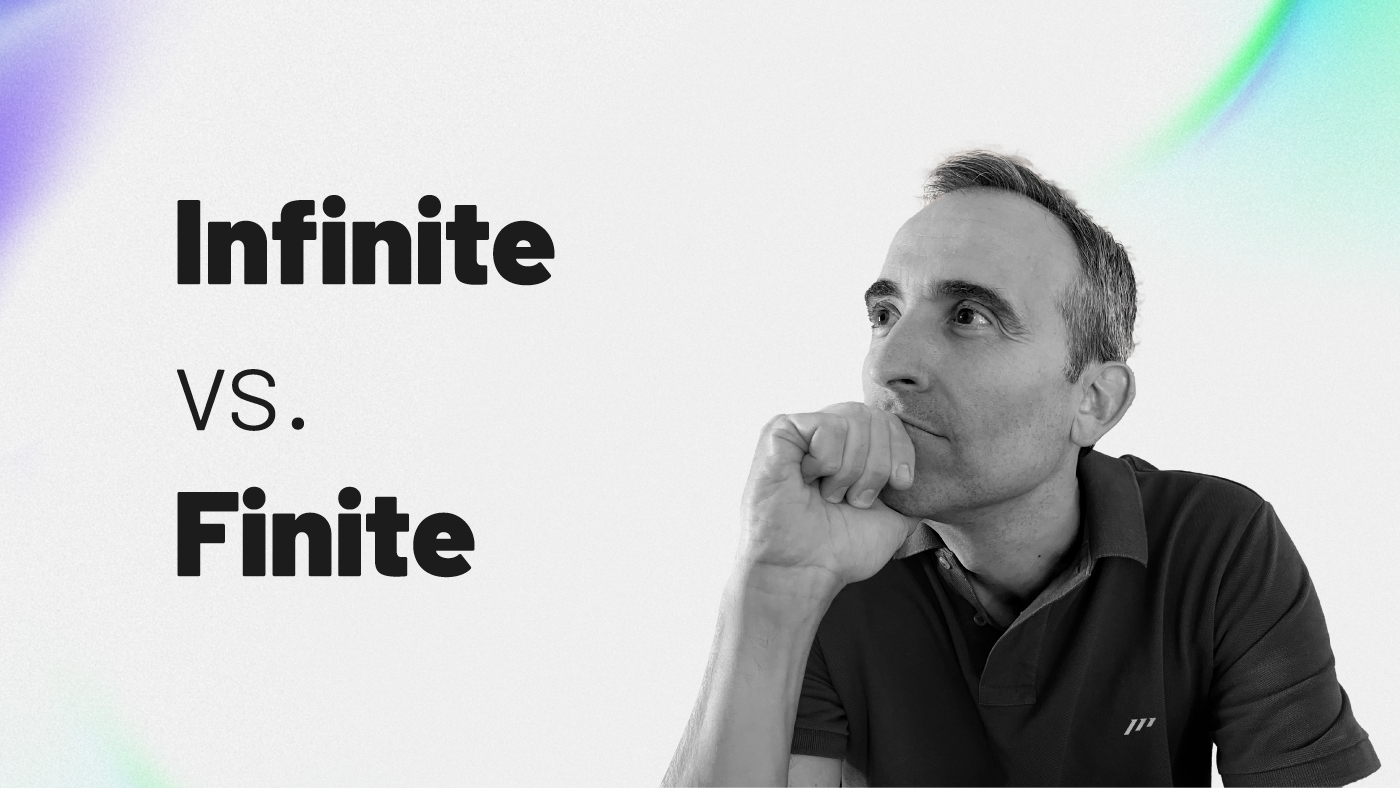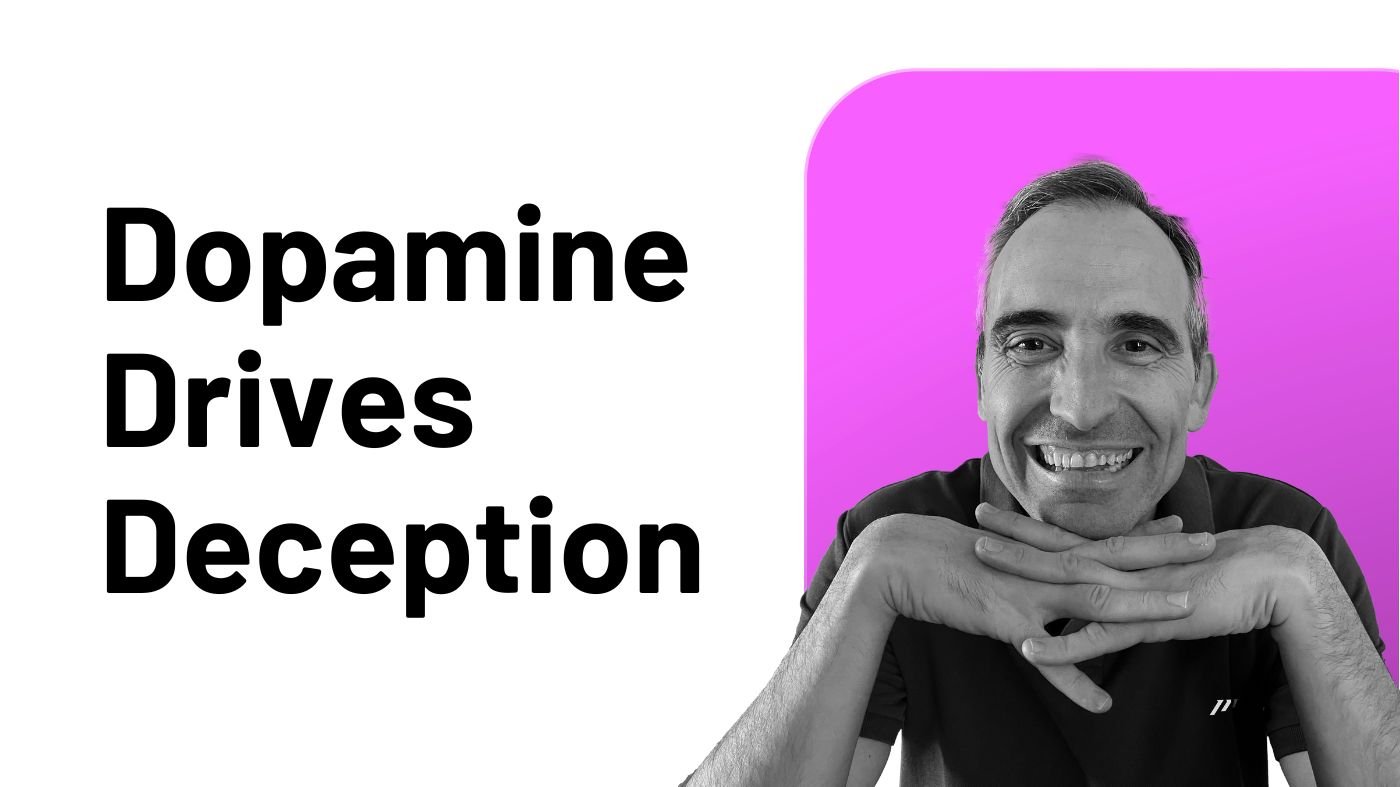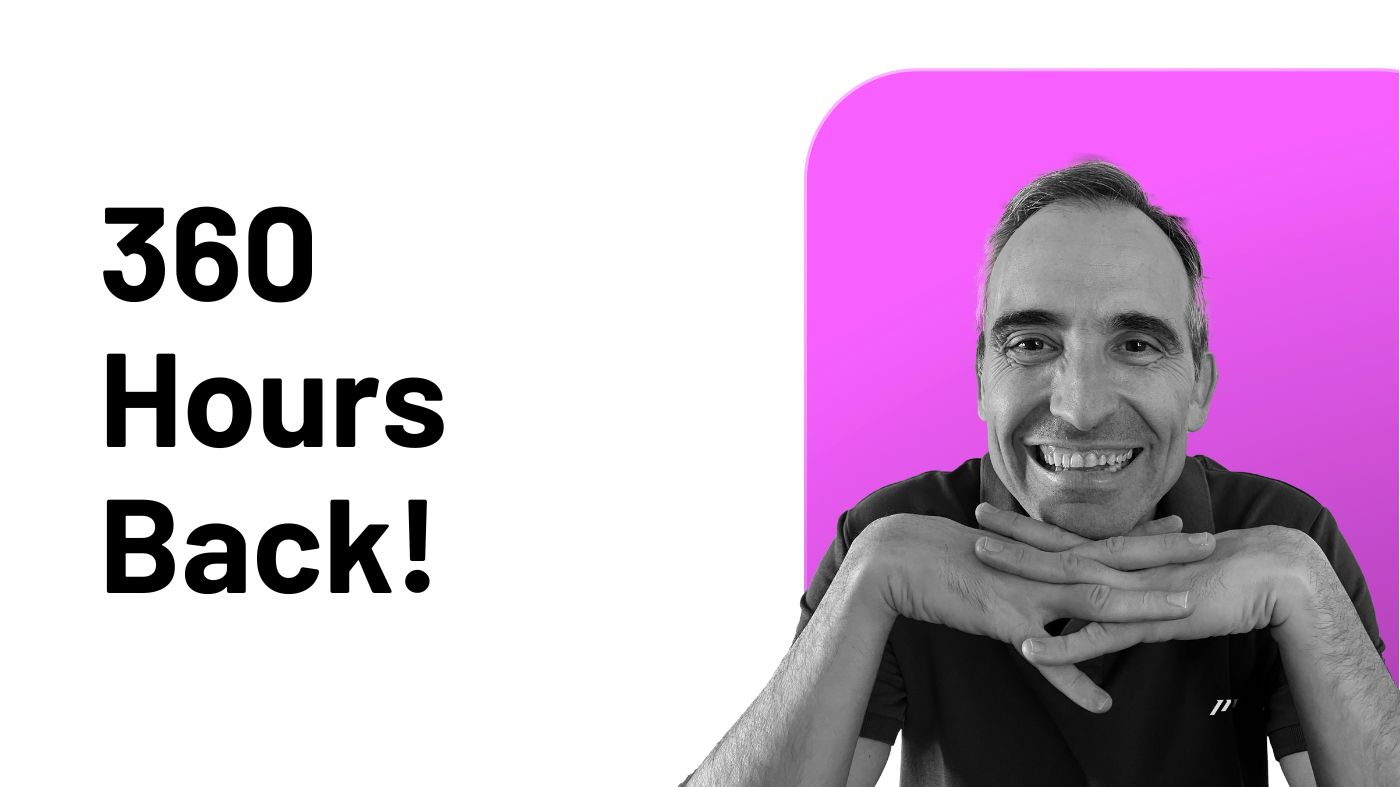At the Paperless Movement®, we’ve noticed a lot of people mix up two important concepts: “Time Management” and “Task Management”.
It’s an easy mistake to make, especially since these two overlap quite a bit.
We believe that understanding these concepts is key to designing and implementing effective workflows with the right tools. Yes, we always follow the same path: concepts, workflows, and implementation.
This is so because if you’re not clear on the concepts, you might end up with tools that don’t really help, leading to chaos in your productivity system.
This article aims to clear up the confusion, helping you better grasp both concepts in the productivity realm.
What Is “Time Management”?
In the productivity world, “Time Management“ means organizing and planning your time across different activities.
Note how I say “activities”, not just “tasks”.
As a professional, your time isn’t just spent on tasks; it includes meetings, commutes, and many other events.
“Time Management” is about managing all these time-consuming activities, not just tasks.
The focus here is on the time itself, not “what” you’re doing in that time.
In the world of productivity, “Time Management” is about handling your time smartly and effectively. Here’s a breakdown of what it involves:
-
Prioritization: This is about figuring out which tasks are the most important and giving them the time and energy they deserve. It’s like choosing what to put at the top of your to-do list.
-
Self-awareness: Know when you work best. Are you a morning person or do you hit your stride in the afternoon? Understanding your productivity peaks helps you work smarter.
-
Planning: In our ICOR® methodology, we’ve developed a mental model called PEA. It’s a way to help you manage your tasks efficiently and keep them in line with your goals by using our specific approach to “time blocking”. This means you set aside specific chunks of time for different tasks or events, depending on how important they are for reaching your goals. It’s like creating a focused, goal-oriented schedule for yourself.
-
Delegation: If a task can be done by someone else, delegate it. This frees up your time for things that really need your expertise.
-
Avoiding Procrastination: Find ways to stop putting things off and start tackling tasks on time.
-
Setting Boundaries: Learn to say no to things that aren’t important or don’t help you reach your goals. It’s about focusing on what really matters.
-
Continuous Review and Adjustment: Regularly check how you’re spending your time and tweak your approach to be more efficient and effective. It’s like doing a little self-audit to keep improving.
In short, “Time Management” is about knowing what to do, when to do it, and how to do it efficiently, while always being ready to adjust your plan as needed.
Planners are the best tools for scheduling and timing, as they’re all specifically designed for that purpose.
What Is “Task Management”?
“Task Management“ is about defining, organizing, prioritizing, and managing tasks effectively to meet your goals.
Here, the overlap with “Time Management” is evident, especially in terms like “organizing” and “prioritizing”.
Yes, both “Task Management” and “Time Management”, involve organizing and prioritizing, but there’s a key difference.
With “Task Management”, think of focusing solely on the task itself, almost like looking at a snapshot. Put aside any time-related aspects of the task, like when it’s due or how long it will take.
Instead, focus on what the task is really about:
-
Task Identification: Understand how each task fits into the bigger picture. Ask questions like: “Which project does this task belong to?” or “What goals are connected to this task?”
-
Task Analysis: Break down each task into smaller, more manageable parts. This makes it easier to tackle them one by one.
-
Resource Allocation: Figure out what you need for each task. This could be information, tools, or deciding who should be responsible for it.
By simplifying things and taking time out of the equation, we make it clearer to see the difference between “Task Management” and “Time Management”.
Think of “Task Management” as the static part (structure) of your tasks (what they are, what they need, who’s doing them…) and “Time Management” as the dynamic aspect (time); when they’re done, how long they take, and so forth.
When you focus just on the task itself, without worrying about the timing, you can see how “Task Management” is all about organization.
It’s about setting things up in a way that makes your work smoother, less stressful, and more efficient.
This kind of organization helps you use your resources wisely and achieve your goals more effectively.
For managing your tasks, it’s best to use tools designed specifically for that purpose, like task management software, to-do lists, and project management tools.
These are tailored to help you keep track of your tasks, organize them effectively, and get them done efficiently.
Choosing the Best Tools for “Task Management” and “Time Management”
Implementing “Task Management” and “Time Management” with the right tools is quite straightforward once you understand the two concepts:
-
Use tools like Things or Todoist for tasks that only impact your individual work.
-
For tasks that involve your team, turn to project management tools like ClickUp or Asana. These help in coordinating and tracking progress within a group.
-
For managing your time, planners such as Sunsama or Akiflow are ideal. They are specifically designed to help you schedule and manage time, combining both tasks and events.
Task managers typically include time-related features like start and due dates, which can lead to confusion.
This confusion arises because when people see these time elements, they often shift their focus to planning and execution, a phenomenon I like to call “overlapping.”
To address this, it’s helpful to view these time-related features in task or project managers as a preliminary step in planning.
They provide an initial framework to carry into your planner, where genuine “Time Management” should happen.
Consider this initial step as essential for monitoring progress.
It provides a bird’s eye view, ensuring tasks are on track to meet deadlines.
Regular reviews of task status and overall progress are crucial, allowing adjustments to strategies and plans as needed.
However, apart from this initial planning phase, all aspects of “Time Management” should be handled by planners.
This is because planners, unlike task managers, are constrained by time.
Task managers are considered “infinite tools,” designed for structuring tasks, which can theoretically continue indefinitely. Planners, on the other hand, revolve around a calendar – a finite tool that reflects the finite nature of time.
A planner introduces reality into your schedule:
-
It moves you away from dreams and aspirations to a world of restrictions and limitations, which is essential for bringing your plans to life.
-
It forces you to make decisions, prioritize, postpone, or sacrifice certain tasks over others. You have to decide what to do today, tomorrow, or in the coming days.
While task managers allow for endless possibilities, planners and time management tools impose necessary limits.
Once tasks are scheduled in a planner, the focus shifts to execution, another area where planners excel.
They help you concentrate on immediate tasks.
If unexpected tasks arise, simply compare them with your current schedule to make informed decisions.
This process simplifies decision-making, enhancing efficiency and effectiveness in managing your time.
Last Thoughts
Grasping these nuances and concepts empowers you to effectively discern when and how to use a tool (task or project managers vs. planners), ensuring you’re using it for its intended purpose.
This insight enables you to fully leverage a tool’s strengths, significantly boosting your productivity.
By doing so, you’ll find yourself operating at peak performance, yet without the strain and stress often associated with high productivity.
This approach not only enhances your efficiency but also ensures a more enjoyable and sustainable work experience.
Remember, it’s not just about working harder, but smarter, using the right tools in the right way.




